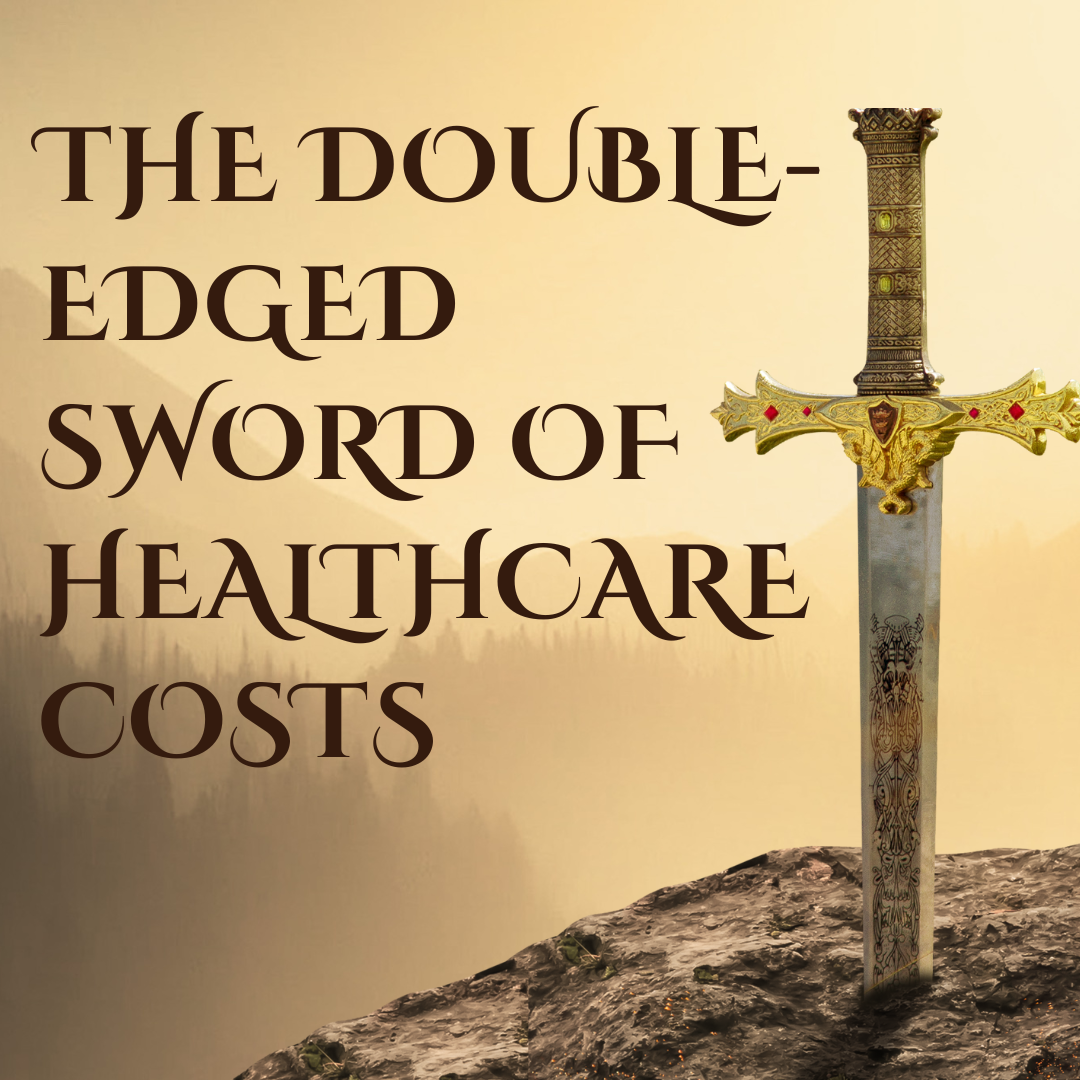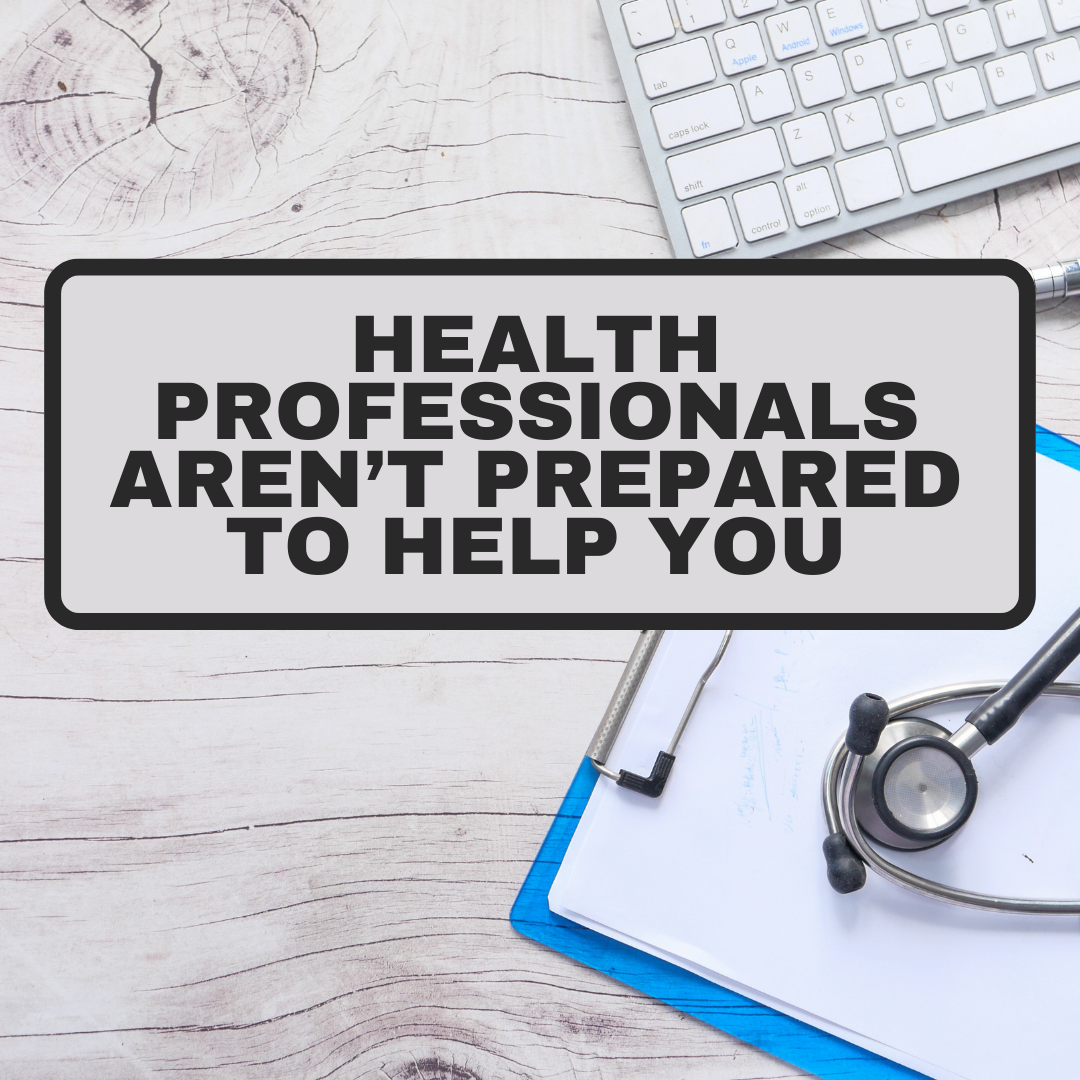Health professionals, including medical, nursing, and pre-med students are not receiving adequate education on health insurance, leaving them ill-equipped to navigate the complex system, according to experts in the medical field.
Healthcare Professionals are Unequipped
Keith Gosselin is a licensed social worker and registered nurse who has worked in the health insurance industry for almost 10 years. Over the course of his experience in healthcare, he has witnessed a problem where too many healthcare professionals are unequipped to effectively understand and implement the health insurance system.
“Nobody there [rehabilitation facility] really knew about insurance,” he said. “Normally what happens… is the nurses will get asked questions about insurance by the patients and they would simply say, ‘Okay, let me get the social worker.’ … I think it’s really important that everybody interacting with the patient should at least have some basic knowledge of insurance because it’s better for the patient.”
He continued, “From my field work as a social worker, I was working on insurance stuff for patients but I didn’t really know what I was doing. I had to learn it because it’s part of the business. There really was no formal education on Medicare and Medicaid.”
Providers Aren’t Taught Health Insurance
Gosselin’s experience sheds light on a common issue in the industry—healthcare professionals often lack the knowledge and resources to effectively navigate the complex health insurance system. This raises the question— is health insurance education currently emphasized enough in curricula?
Gosselin, currently a nursing student at William Paterson University, continued on the exposure of health insurance within his classes, “I start Population Health next week and there should be some Medicare and Medicaid [information] in there,” he continued. “But I think there should be an entire course on Medicare and an entire course on Medicaid— and we’re (students) not gonna get that.”
The lack of exposure to health insurance isn’t limited to just nurses, but doctors too.
Cameron G., a first-year medical student, shared, “I have limited knowledge about health insurance, most of which comes from my time studying Sociology in undergrad and my own experience. I have not had formal exposure to health insurance in my medical school curricula yet as I am only a first-year student and have not started rotations yet.”
Insurance Controls Your Healthcare Access
“Some of the common examples of my exposures to insurance.. are for patients who are undocumented and do not have insurance and therefore cannot get the treatment they need,” continued Gaines.
Cameron’s experience with undocumented immigrants being unable to receive treatment despite their need for care highlights just how intercorrelated healthcare is with health insurance.
Dr. Mark Wipfler, a recently retired Emergency Department Physician, detailed the role insurance has played within his treatment decisions for patients who did not require immediate and urgent surgery. He said, “Medicaid patients who are covered for just about everything in the Emergency Department (better than Medicare or private), have a very difficult time getting a timely follow up because Medicaid pays very little for routine care. Clinics are overcrowded and it may take weeks to months to get a follow up appointment, with specialists being the worst-case scenarios.”
Wipfler continued, “So, when deciding what tests I need to be sure that this patient is safe to go home, things may change based on their ability to get follow-up… The Emergency Department is called the safety net for medicine predominantly due to the unavailability of prompt medical care for our underinsured patients.”
Even with the Emergency Department’s ties to a patient’s health insurance, Wipfler did not have dedicated time to learning about health insurance through his education in becoming a physician.
Patients Suffer the Consequences
“I expect to know more on health than on health insurance,” said Eleanor P., a first-year pre-med student studying biology.
The long-term significance of this phenomenon is described by the World Health Organization (WHO): “Weak health literacy skills are associated with riskier behavior, poorer health, less self-management and more hospitalization and costs. Strengthening health literacy has been shown to build individual and community resilience, help address health inequities and improve health and well-being.”
It is inexcusable that our providers are not knowledgeable of the system that dictates our available healthcare opportunities. It further highlights just how necessary it is for efforts to be increased to include health insurance literacy within academia.
Subscribe to be alerted of new articles and updates!



